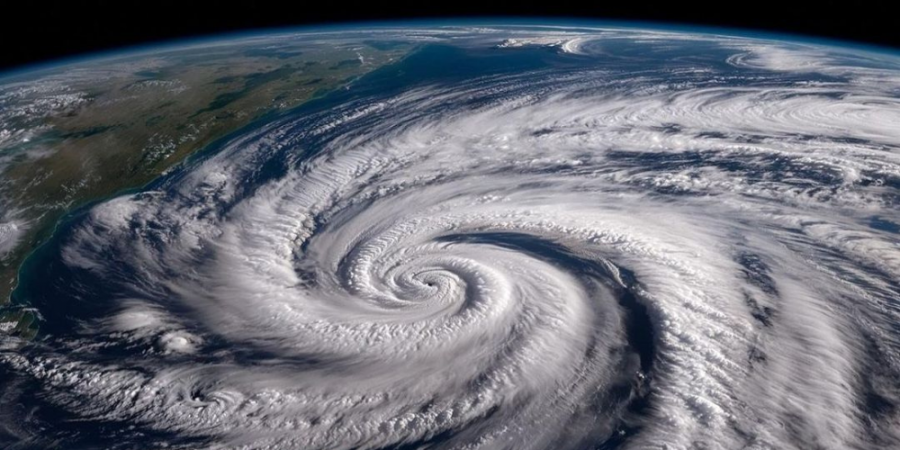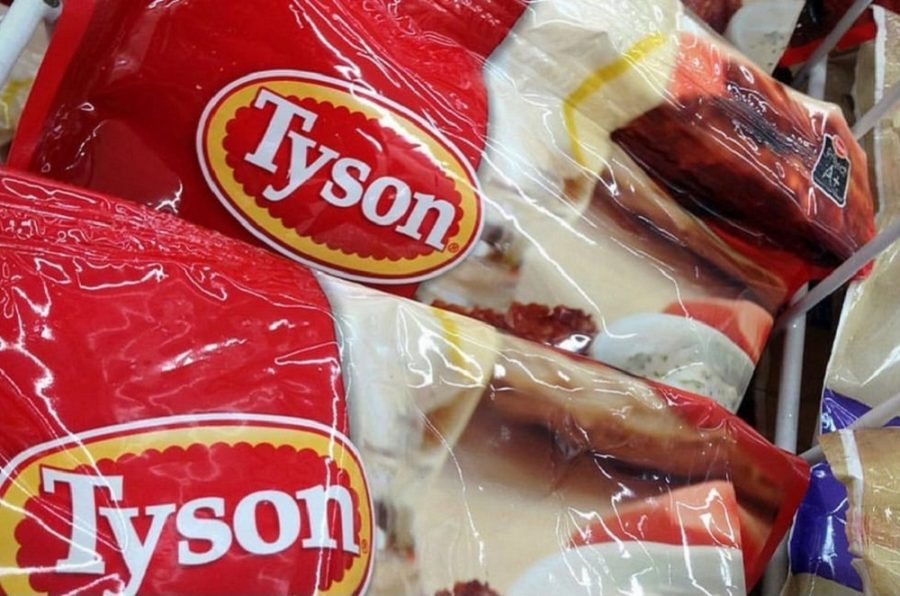Human feces are more commonly referred to as ‘waste’ simply because people think that nothing useful can ever come out of it – well, you may have to think twice before flushing the toilet next time because your poop can actually save the planet!
A new technology has been developed at the National Laboratory in US Department of Energy which can turn human waste into crude oil through a process called hydrothermal liquefaction. So is our poop the fuel of the future?
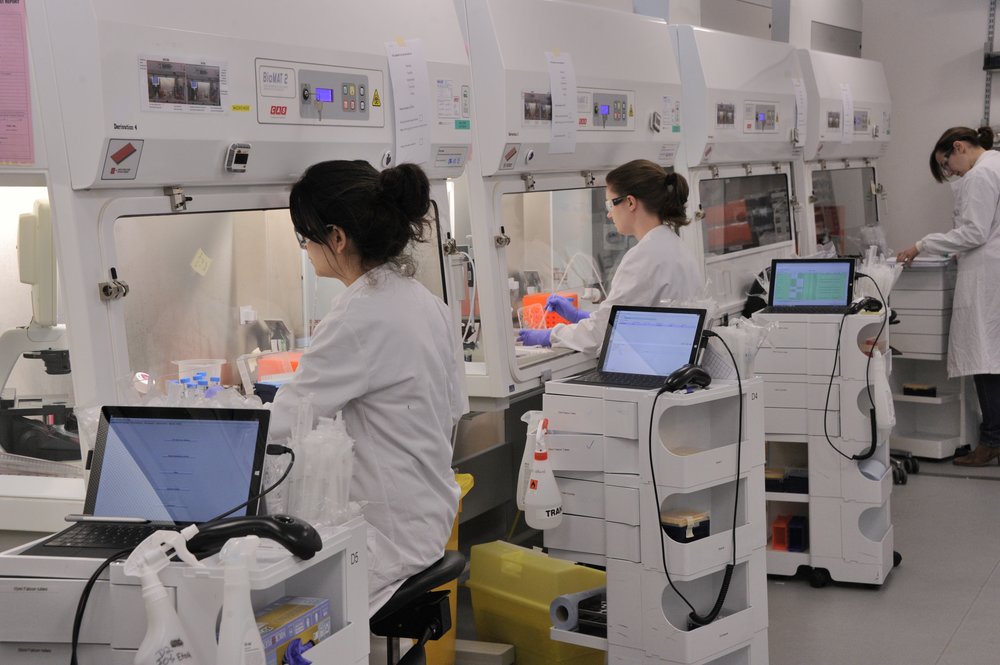
The process of the new developed technology which can turn human waste into crude oil is called hydrothermal liquefaction.
Biohazard or biofuel?
Researchers have finally found a way to put the stinky human waste to good use which means that the cheeseburger and fries that you had earlier from McDonald’s could be turned into fossil fuel once expelled from your body. According to the announcement made by PNNL, once pumped through a pressurized tube, sewage sludge can be transformed in biocrude, a form of crude oil.
The researchers mimicked the same geological conditions as found deep underground where fossil fuel is created. The hydrothermal liquefaction process subjects the fecal matter to extreme heat and pressures making it possible to create within a few moments something that would normally take millions of years to form naturally.
Fossil fuel can now become a cheap, renewable source of energy
Corinne Drennan, PNNL’s leading researcher in bioenergy technologies explains that the wastewater sludge running through the sewage system, is rich in carbon and surprisingly, fats as well, which play a crucial role in facilitating the conversion of the wet waste into biocrude.
What’s more surprising is that other substances in the sewage including toilet paper can also be converted into fossil fuel – from which other useful fuels such as gasoline, jet fuel and diesel can be extracted.
Drennan also said that the ready and abundant availability of waste sludge from sewage systems, as well as the simplicity of the hydrothermal liquefaction process may help scientists create a cheap and convenient alternative to fossil fuel.
First bio energy plant is expected to open in 2018
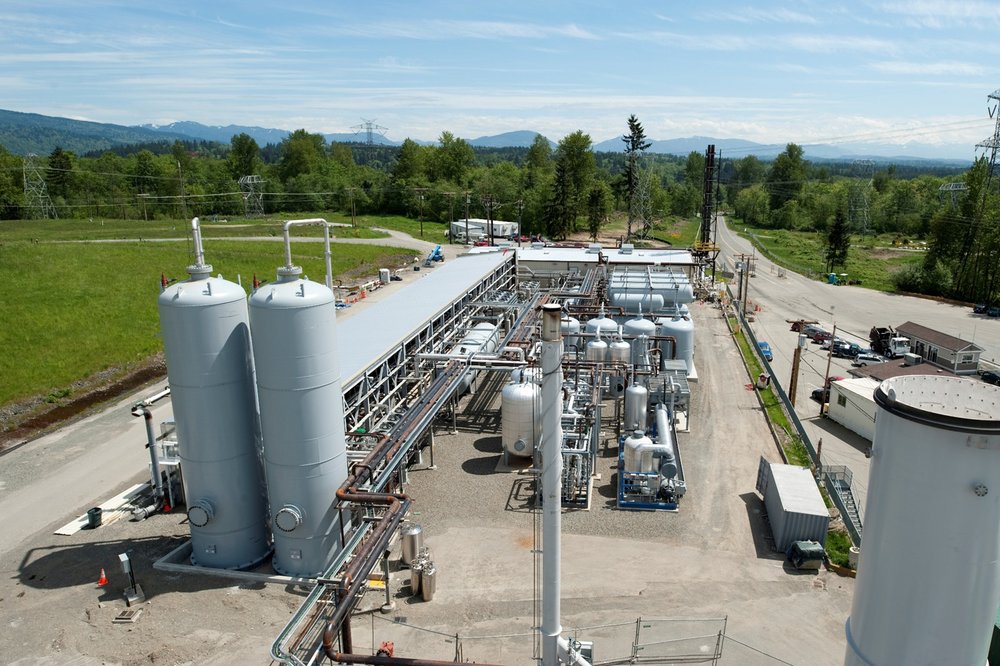
The hydrothermal conversion technology used in this process has seen tremendous improvements over the past few years and has now been transformed into a continuous and scalable system that pumps out crude oil within minutes.
The license of the technology, initially created in the PNNL’s lab, has now been transferred to another company which is responsible for building the first plant that converts human waste into crude oil, providing a practical solution to the scarcity problem of fossil fuel.
The plant is expected to open its doors in 2018. The company is hopeful that the success of the emerging technology will only lead the way to more success and growth in the future. The Vancouver’s Utilities Committee says that the new plant could also cut down costs related to sewage disposal and create a sustainable way of recycling human waste.
Poop may just be a solution to all our problems
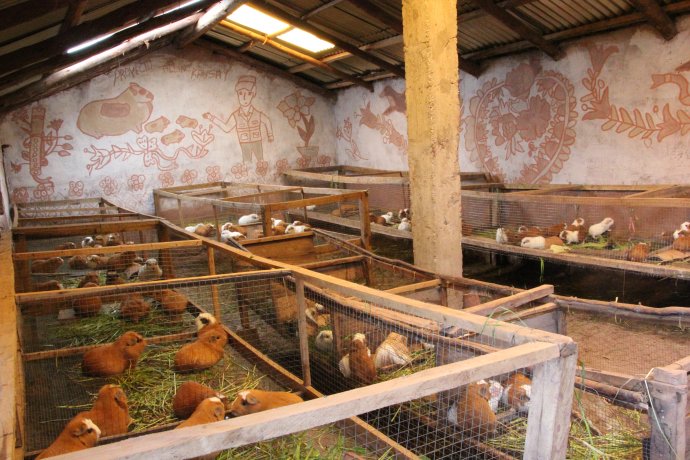
The experiment that a scientist did in 2010 with guinea pig waste used the poop from more than a thousand pigs to power an entire town.
This isn’t the first time that a fascinating use of animal feces has been discovered. In 2010, a scientist did an experiment with guinea pig waste and used the poop from more than a thousand pigs to power an entire town. Since then, researchers have been curious to find out what other uses can come from feces.
Four years after the guinea pig experiment, an ecobiotic therapy was developed by a bioengineer to treat diseases by transplanting the gut microorganisms from one person to another. In 2015, yet another important discovery was made when the Gate Foundation created a machine which could turn human waste into electricity.
Moreover, the foundation also discovered a way to turn the sewer sludge into clean, drinkable water as well as fertilizers for crops. This was a major advancement which could potentially solve the clean water shortage problem in African countries.
A famous video of Bill Gates drinking water which had been treated from the sewage system moments ago, became widely popular over the internet and created awareness on how clean water from the sewer waste could save millions of lives across the planet. Fascinated by the numerous uses of human feces, NASA also announced that it would award $600,000 to anyone who found a way to turn human waste into food so that the astronauts didn’t have to face the problem of food shortage.






